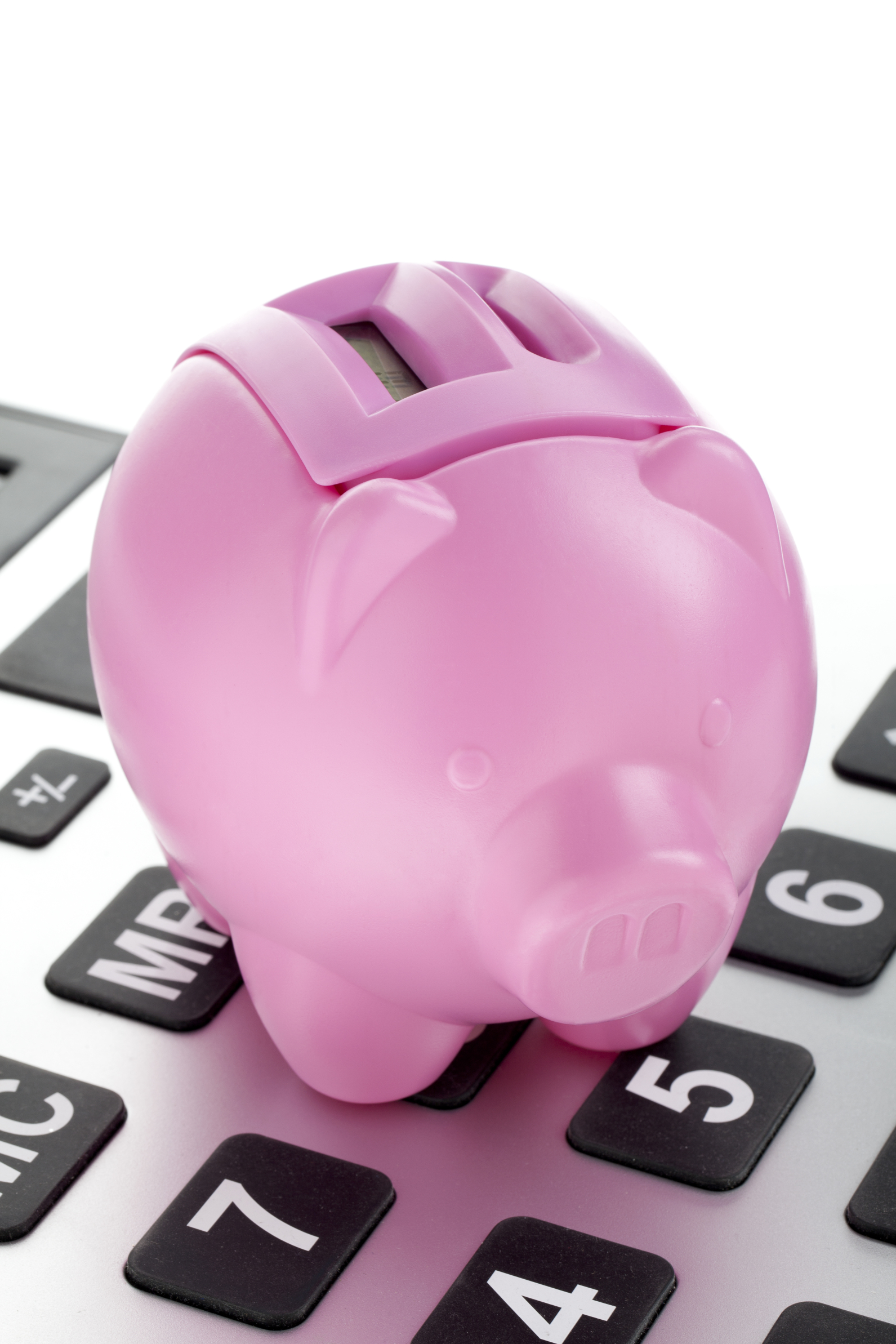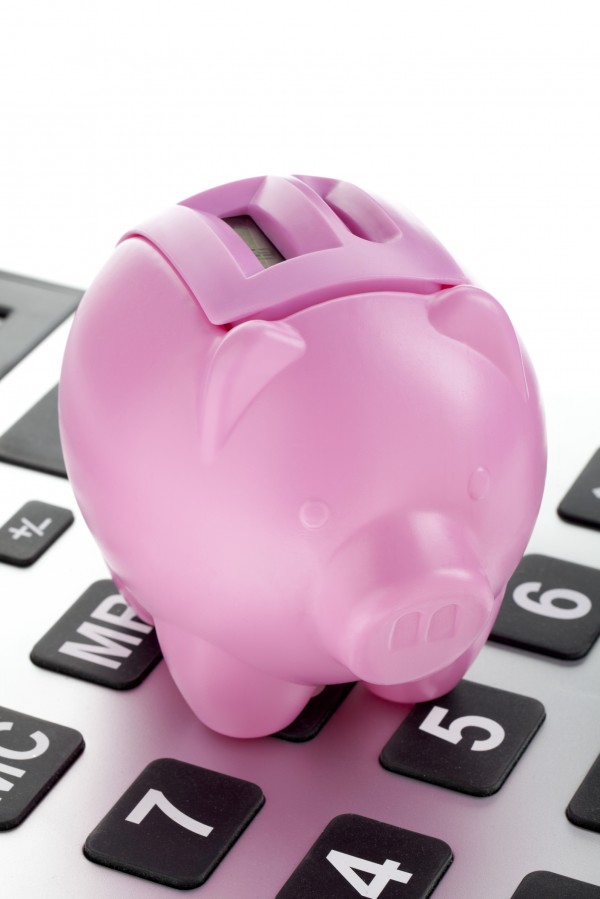Finance
How To Check What Your Pension Is Worth

Whether they’ll have enough income when retirement comes is a major worry for many people.
It’s therefore important to start thinking about your pension and other sources of income well before your retirement date looms.

But how do you carry out a pension review and find out how much you’ll have to live on?
Our handy guide will walk you through the process.
Tracking Down your Pensions
Over the course of their working lives people tend to accumulate pensions from different sources.
You may have changed employers and left behind a frozen pension, paid into private plans or have made additional voluntary contributions (AVCs).
All of this is in addition to your state pension.
You need to start by tracking down all of your possible pensions and finding out how much they’ll pay you.
The sooner you do this the better, even if you’re more than ten years away from retirement acting now gives you a chance to take action to make up any shortfalls.
You can get an estimate of your state pension on the www.gov.uk website.
For your other pensions you’ll need to get a statement from the scheme provider. In most cases you should be sent an automatic statement every year.
In the event that you’ve lost touch with the company where you had a pension, whether it’s a workplace or a personal scheme, then you’ll need to write to them.
If you’re writing to trace an old pension, you need to provide as much information as you can.
This should include your National Insurance number, the approximate dates you joined and left the scheme, along with your plan number or payroll number if you know it.
If tracking down an old pension is proving difficult the Pensions Service website has a free tracing service that can help you find the address of a provider, although it’s then your responsibility to make enquiries.
Lump Sums
Many pensions offer you the opportunity to take a tax-free lump sum on retirement.
You can take a lump sum of up to a quarter of the value of your pension fund but obviously this will reduce the amount you get in monthly income from the scheme or from any annuity you buy.
Whether or not this is right for you depends on your individual circumstances.
It can be a handy way of paying off a debt such as a car loan or to help pay down a mortgage.
Because you then wouldn’t have to make the monthly payments in retirement, you could have more disposable income even if your pension was lower.
On the other hand if you don’t need the lump sum for this kind of financial security you could always use it to finance a holiday to get your retirement off to a flying start.
Getting the Best Income
If you have a private pension scheme then you’ll usually have a choice of income drawdown where you draw a pension from the amount you’ve saved and the rest stays invested.
This reduces the amount of your savings over time.
In most cases people opt for an annuity. This is an insurance policy that pays you a regular income during your lifetime.
How much you get depends on various factors including your health.
You can also buy annuities that will provide for a partner after your death but these will generally pay a lower income.
Your pension provider will usually offer you an annuity when you die but it’s worth remembering that you don’t have to buy from them.
You’re free to shop around and try to get a better deal elsewhere.
Kay Brown is a writer who has a keen interest in financial matters.
She suggests that you should conduct a pension review to ensure you get the best income you can when you retire, meaning that you can live comfortably once retirement comes about.
-

 Tech11 years ago
Tech11 years agoCreating An e-Commerce Website
-

 Tech11 years ago
Tech11 years agoDesign Template Guidelines For Mobile Apps
-

 Business6 years ago
Business6 years agoWhat Is AdsSupply? A Comprehensive Review
-

 Business10 years ago
Business10 years agoThe Key Types Of Brochure Printing Services
-

 Tech8 years ago
Tech8 years agoWhen To Send Your Bulk Messages?
-

 Tech5 years ago
Tech5 years ago5 Link Building Strategies You Can Apply For Local SEO
-

 Law5 years ago
Law5 years agoHow Can A Divorce Lawyer Help You Get Through Divorce?
-

 Home Improvement6 years ago
Home Improvement6 years agoHоw tо Kеер Antѕ Out оf Yоur Kitсhеn































